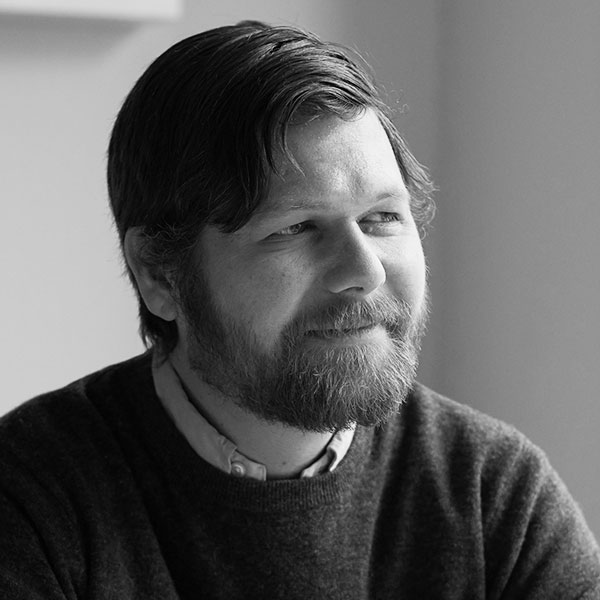Abstract
Critical Issues in Contemporary Crafts: It’s time to Think Through Materials
Abstract thinking […] is not radically different from manual labour. Quite the contrary, there is a tactile element in each and every philosophy, just as there is a philosophy mixed into each and every type of concrete, materially-based work.
(Kjetil Røed, Norwegian Crafs Magazine, 2011)
Contemporary crafts, art and design are valuable and meaningful tools of communication that go beyond language and engage the public – viewer or user – in various ways, conveying meaning to our surroundings and suggesting ways of being in the world. Works of crafts, art and design offer critique that supersedes language and rational thinking thus to a certain degree escaping explanations and logical understanding; it informs our lives and in order to understand this we must constantly develop a useful language to describe the effects.
Lately we have seen a renewed interest in material-based art practices, a praise of the hand-made and a love for slow processes and locally produced products. This interest does not limit itself to contemporary crafts, art or design, but moves between them and appears in society in general. There is an urgent need for tools to discuss these tendencies in light of contemporary philosophy. Critical thinking is of utmost importance to circle in a common ground for discussions and discourse. The production and distribution of analytical texts, discussions and knowledge is a way to strengthen the field of crafts as a whole.
To contextualize works, and to gain knowledge of the political, historical, sociological, aesthetic and philosophical aspects of works and exhibitions, has been part of our work at Norwegian Crafts since 2010, when we launched Norwegian Crafts Magazine. This online publication is part of Norwegian Crafts work on critical theory and publications, which also includes seminars, panel discussions, catalogues and the publication series Documents on Contemporary Crafts. Three distinct platforms for the exchange of ideas and critical thinking include the physical (books and catalogues), digital (website and social media) and social (seminars and panel discussions).



